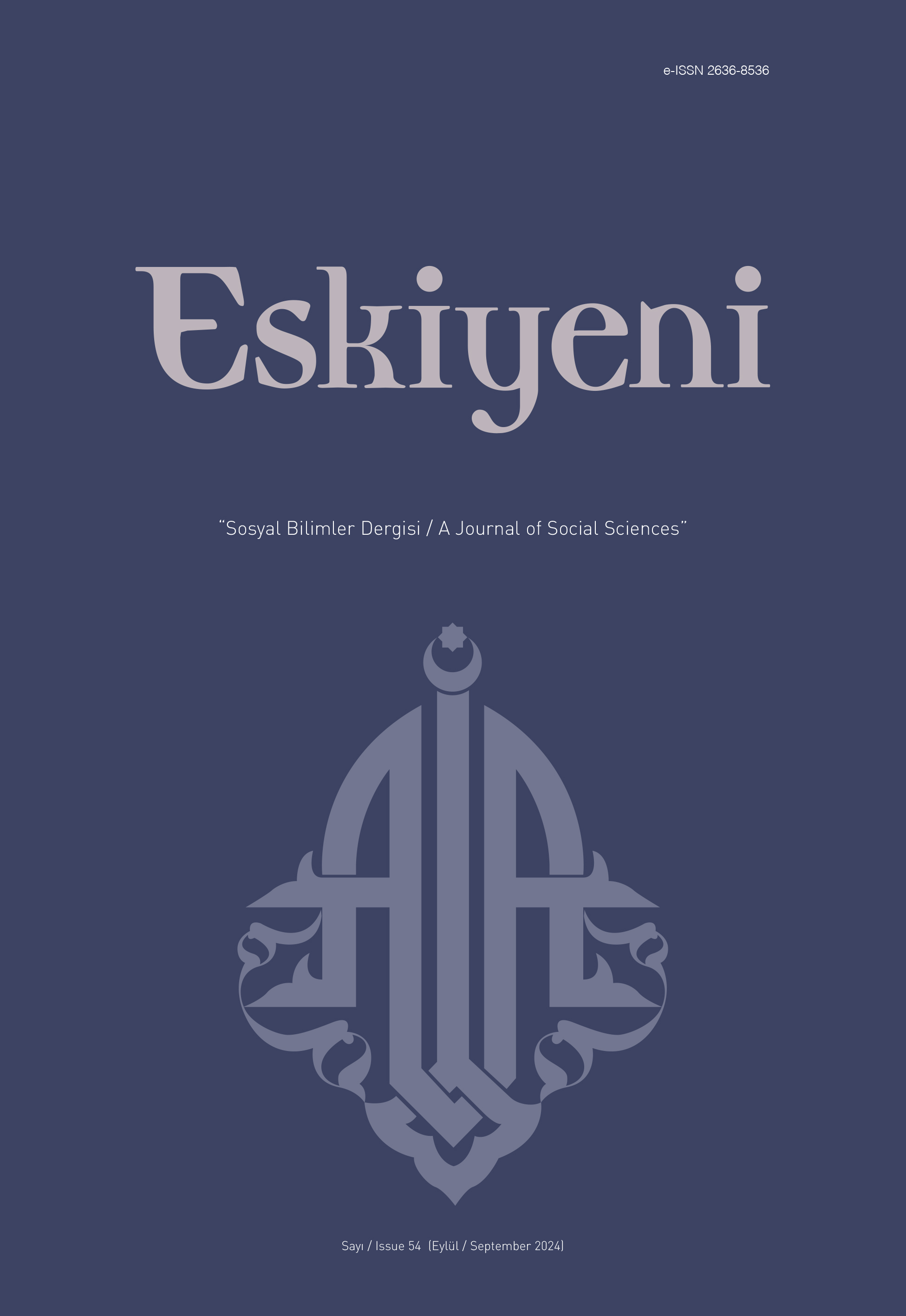Çok Boyutlu Dinî Bireyselleşme Ölçeği
Multidimensional Religious Individualization Scale
Author(s): Nurun Nisa Bayram, Faruk KaracaSubject(s): Theology and Religion, Sociology of Religion
Published by: Anadolu İlahiyat Akademisi
Keywords: Psychology of Religion; Religious Individualization; Relativity; Questioning; Non-collective; Distance Towards Religious Groups; Religious Self-Efficacy;
Summary/Abstract: The modern era is defined as a period in which the individual is at the forefront. In this period, the individual is known to move away from society and tradition and prefer an individual attitude. This situation also had significant effects on religion. One of these is religious individualization. Religious individualization refers to the individual’s turning towards individualism from the traditional or community-related in religious matters and some changes in religious attitudes. It is thought that this change has started to show itself seriously in our country in recent years. In this study, it was aimed to develop a measurement tool to measure religious individualization in adults in order to examine this change. The research was designed with an ‘Exploratory sequential mixed design’. The research was carried out in three stages, first qualitative, then quantitative and again quantitative. In the first stage of the research, 12 people were interviewed and the data obtained were analyzed and findings were presented for the scale to be developed. In the second stage of the research, the scale designed was applied to 349 participants. The factor structure was determined by performing EFA on the obtained data. According to the results, a structure with 18 items and five factors (relativity, questioning, non-collectivity, distance from religious groups and religious self-efficacy) was formed, explaining 59,57% of the variance. As a result of the reliability analysis, the Cronbach’s alpha coefficient of the scale was calculated as ,83. As the third stage of the study, the final version of the obtained scale was applied to a new sample of 351 people and CFA was performed. The data obtained were analyzed with the LISREL program and as a result, the model fit index values showed that the scale was valid. In the analyses, the RMSEA value of the scale was found to be 0,068 and the χ 2 /sd value was 328.73/125. The fit indices of the scale were calculated as GFI= 0,91, CFI= 0,94, NFI= 0,91, NNFI= 0,93, RFI= 0,89. Additionally, at this stage, in order to test the criterion validity of the scale, its correlations with the Religious Individualization Scale (Paker - Akçalı, 2012) and the Self-Efficacy Scale (Aypay, 2010) were examined and statistically significant relationships were determined between the scales. When the psychometric data of the developed scale was evaluated collectively, it was concluded that sufficient reliability and validity scores emerged and that it could be used as a functional tool in future studies on the subject.
Journal: Eskiyeni
- Issue Year: 2024
- Issue No: 54
- Page Range: 1289-1308
- Page Count: 20
- Language: Turkish

